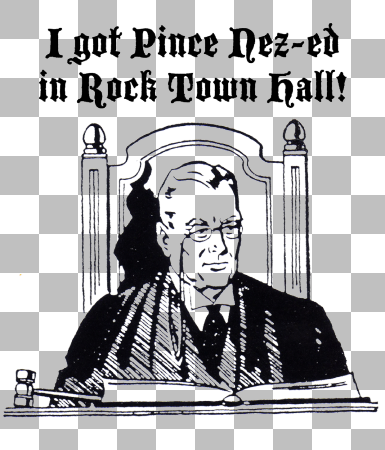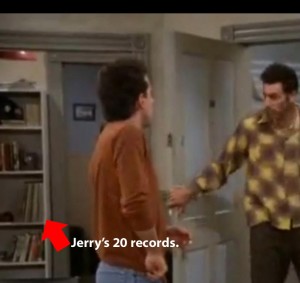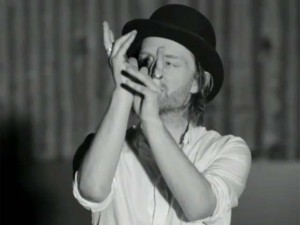My daughter, Kate, is in the final year of her 5-year architecture program at Syracuse University. I won’t brag about her except to say that this semester she is taking a fantastic course; here’s the outline:
**********************
Course Description
The Beatles changed the face of music, culture, business and technology forever. This course examines how these changes came about, with an eye to anticipating further/future changes on these fronts.
Our guest lecturers will offer a comprehensive look at the Beatles including:
- Business-the growth and maturation of some of the most important brands in history
- History-the biographical stories of all key players, the evolution of the group and solo careers
- Music-the evolving structure and character of their world changing sound
- Social and cultural aspects-the profound impact on popular culture
- Political-leveraging celebrity to advance political and social concerns
- Technology-the role of innovation that went beyond songwriting and performance
Tentative Topics and Speakers by Week:
1/24/11: Peter Asher with Rupert Perry—The British Invasion. A McCartney song becomes a hit for Peter and Gordon. Apple Corps-A&R reflections. Life after Apple: managing and producing the Pantheon.
1/31/11: Martin Bandier and Rupert Perry—How important can one band be? Contextualizing the impact of the Fab Four on music, business, culture and society during the last fifty years. Continue reading »





